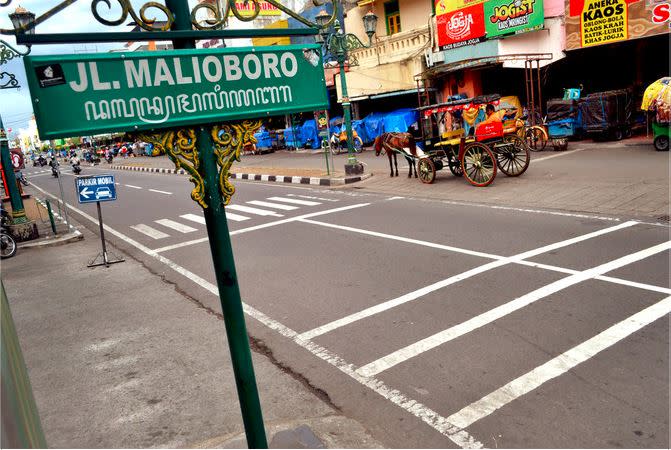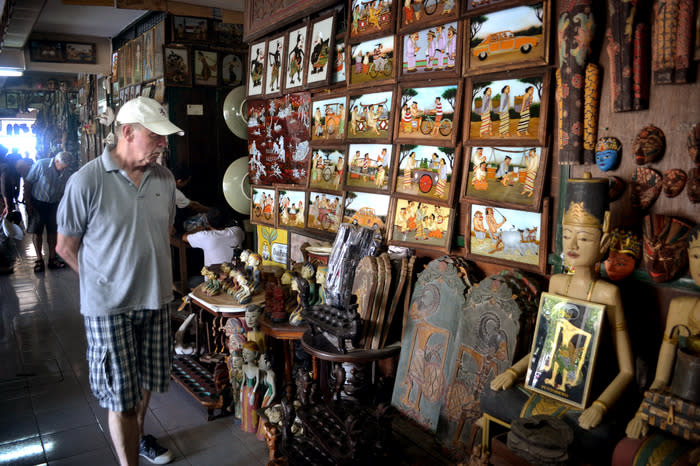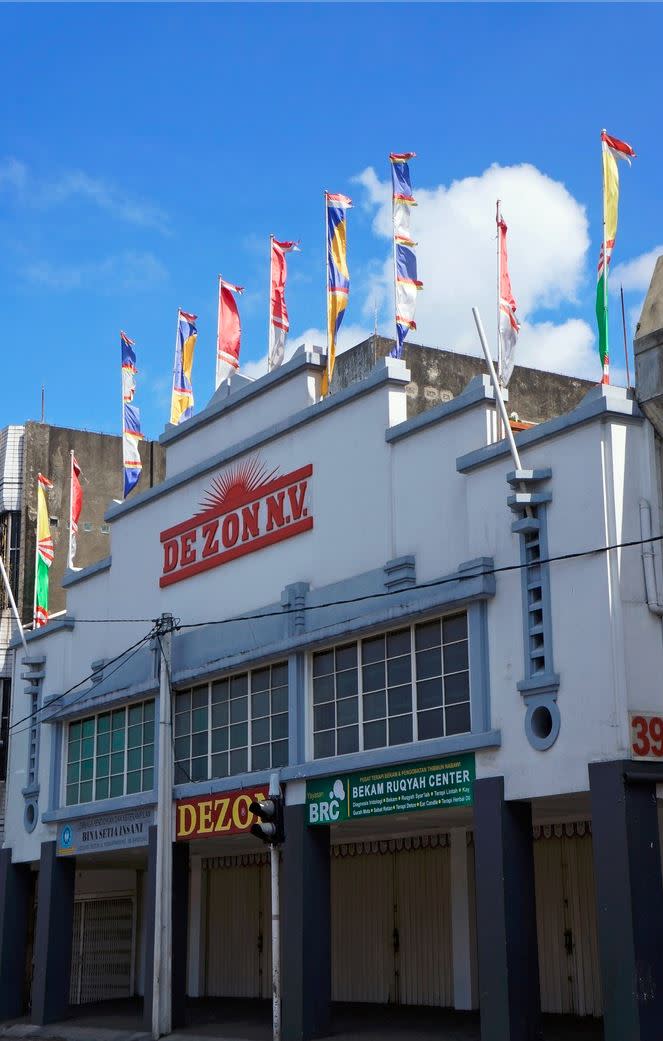Four Indonesian cities vie for UNESCO recognition
Tourism and Creative Economy Ministry expected that its campaign to include four cities in the country as creative cities to the United Nations Educational, Scientific and Cultural Organization (UNESCO) could boost tourism sector in the country.
The Ministry has filed a proposal to the UNESCO to include Bandung, in West Java, Pekalongan, Surakarta in Central Java and Yogyakarta in its list of creative cities joining the ranks of Montreal in Canada and Nagoya in Japan.
Tourism and Creative Economy Minister Mari Elka Pangestu said earlier that a UNESCO status could be used as a promotional tool to help introduce the cities to the world as well as to encourage the cities to develop their creative industries.
“We are teaming up with respective city governments to complete all requirements demanded by UNESCO to include these cities in the UNESCO creative cities network. We hope that the UNESCO team will give the announcement this year so that we can launch these creative city programs next year,” she added.
Mari said that she was upbeat with that UNESCO will grant the status because all the four cities had their own unique identities and are already well-known for their creative industries including batik, fashion, craft and arts.
Under the UNESCO creative cities network, which was first introduced in October 2004, the member cities are required to have specialization on craft and folk art, design, film, gastronomy, literature, media arts or music.
If the four cities proposed by the government succeed in meeting all the requirements, they will join with 34 current network members to share ideas and best practices.
Mari said that the registration was also aimed to boost creative industries in the cities, such as fashion, arts, film, music and architecture industries.
“We expect that the designation will help the cities to boost their creative industries, which in turn contributes to our creative economy. This kind of economy creates multiple added-values compared to any other economy,” she said.
Mari said the creative industry gave significant contributions to the national economy. Last year, it contributed to 7.7 percent of total national Gross Domestic Product (GDP) and provided 6.8 percent of jobs in the country.
Artists have supported the governments plan to make the proposal to UNESCO.
Tubagus Fiki Satari, chairman of the Bandung Creative City Forum, said that the forum is currently conducting a massive campaign to introduce the creative city concept.
“I think it is all about a collective agreement. We also need to build the sense of a creative city on the minds of every person here before others judge us as it is,” he said.
Fiki added that he also expected serious support from the local government in terms of budget for various creative industries and art performances in the city.
Meanwhile, Maria “Ria” Tri Sulistyani, a founder and director of Papermoon Puppet art collective in Yogyakarta, said that with or without the UNESCO designation, the government needs to support the local art scenes.
“As artists, the designation is not our goal. We expect that there will be more support from the government once the designation is granted, so that it will be sustainable,” she said.
Ria said that most of art performances done by local artists in the city were funded by international donors and there was only a few which were supported by the government. (koi)
Read also:
Malioboro: Yogyakarta's perennially legendary street







